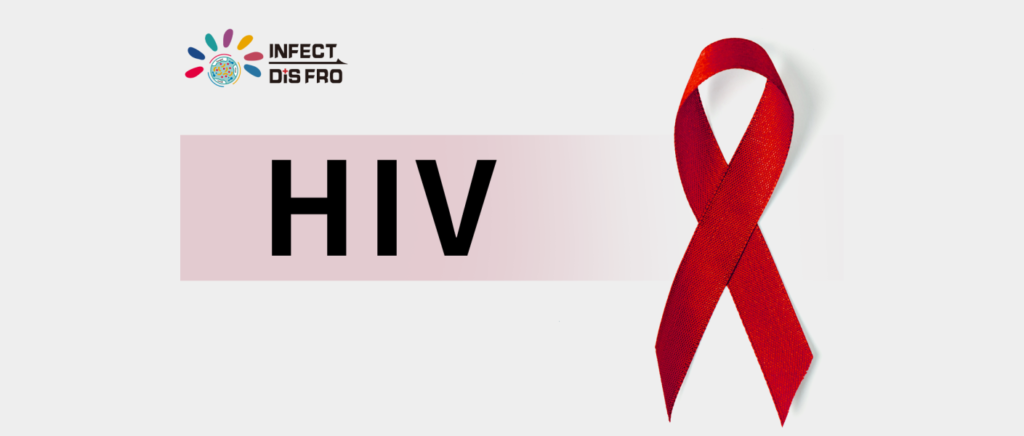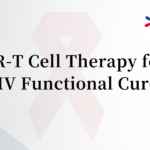
On June 20, Gilead Sciences declared a significant milestone in HIV prevention with the announcement of their long-acting HIV-1 capsid inhibitor, Lenacapavir, demonstrating a 100% efficacy rate in preventing HIV infection in women, outperforming the daily oral emtricitabine/tenofovir disoproxil fumarate (FTC/TDF) regimen.
The Phase III PURPOSE 1 study, conducted across multiple research centers in South Africa and Uganda, involved 5,368 cisgender women and adolescent females aged 16 to 25. Participants were randomly assigned to receive either biannual subcutaneous injections of Lenacapavir, daily oral FTC/tenofovir alafenamide (FTC/TAF), or daily FTC/TDF for one year. The results were remarkable, with no HIV infections reported among the 2,134 women in the Lenacapavir group, compared to 16 cases among the 1,068 women in the FTC/TDF group, reflecting an incidence rate of 1.69 per 100 person-years.
Lenacapavir’s excellent safety profile and the study’s success led the Independent Data Monitoring Committee to recommend halting the blinded phase of the PURPOSE 1 study during the interim analysis and offering open-label Lenacapavir treatment to all participants.
Lenacapavir’s multistage mechanism of action and previously demonstrated safety and tolerability in healthy volunteers and HIV treatment trials position it as a promising option for HIV prevention, especially for those at high risk of infection. The study’s findings mark a potential paradigm shift in HIV prevention strategies, offering hope for a more effective and accessible solution to curtail the spread of HIV.


